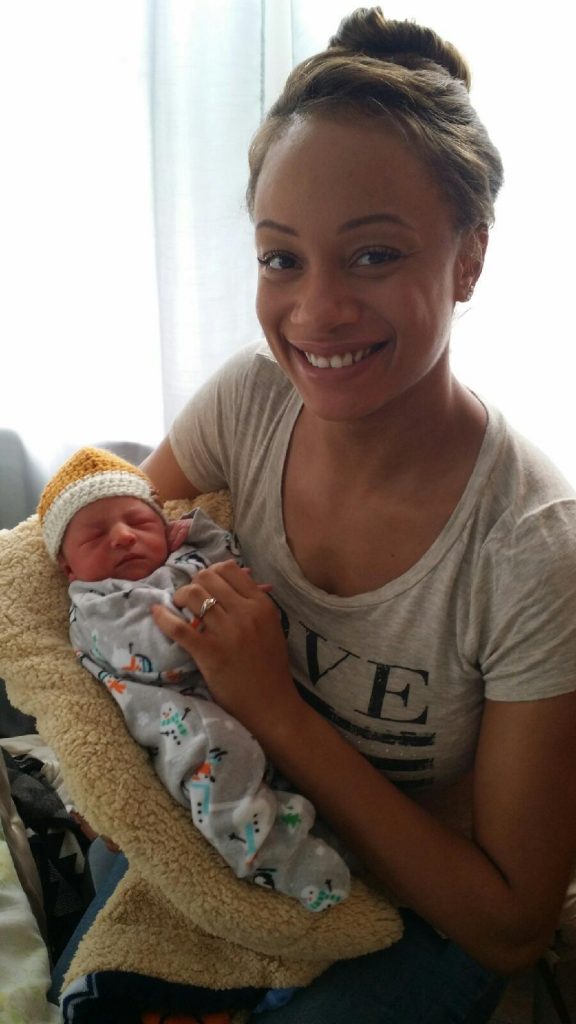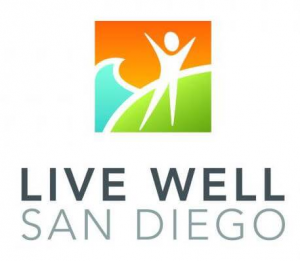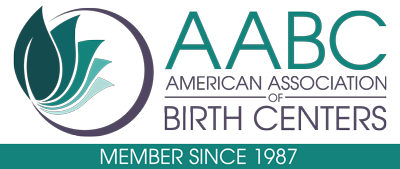 Choosing where and how to give birth is an important and personal choice. It’s a choice though, that people don’t even always realize exists. In the United States, giving birth in a hospital setting and having an obstetrician overseeing your care is by far the most common. It’s what we see in movies, television shows, it’s what most people know as “normal.” Sometimes it feels like it’s the only option, but most common doesn’t always mean best.
Choosing where and how to give birth is an important and personal choice. It’s a choice though, that people don’t even always realize exists. In the United States, giving birth in a hospital setting and having an obstetrician overseeing your care is by far the most common. It’s what we see in movies, television shows, it’s what most people know as “normal.” Sometimes it feels like it’s the only option, but most common doesn’t always mean best.
Black women are still dying at alarming rates in our country during pregnancy and birth. In California, they’re four to six times more likely to die in childbirth than white women. And no, it has nothing to do with socioeconomic status, education, or location. Even when those factors are accounted for across racial groups, the facts remain the same. Black women are being failed. They’re dying of preventable causes when they have babies.
Because hospital births have become the overwhelming norm, choices beyond that are limited. It’s easier and more accessible to have a more complicated birth experience at a hospital, than it is to give birth with less medical intervention at a birth center. Sure, some people want a hospital birth. They want to see an obstetrician. That’s where they feel most comfortable. There are people who have health conditions that legitimately necessitate a hospital birth. That’s entirely valid.
But what happens when people don’t want that for their birth? What if they don’t feel safe giving birth in a hospital? Diving deeper into the Black maternal health crisis always comes back to a few core issues. Black women have their health concerns ignored by doctors far too often. They’re made to question their own intuition about their bodies. They’re dismissed, they’re quieted. And the problem is, this isn’t a rare occurrence. The statistics and seemingly endless horror stories of Black mothers’ experiences are harrowing proof of the systemic racism that exists. Additionally, there’s a lack of representation of Black providers.
So what’s to be done? The answer is simple in theory and unfortunately made complicated in the current system that exists. Listen to Black women. When they get care, of course, but listen when they say they do not feel safe in the current system. Ideally, we change the system. We have healthcare that’s equitable, accessible, and free of systemic racism. That’s how things should be. But required racial bias training for providers and increased funding to address disparities in care don’t change that Black women are still dying and need immediate, hands-on support and options in care.
Expanded access to birth center care is needed. Midwifery care has shown to improve outcomes and reduce disparities of care. It’s a model of care that hears the individual and empowers them in their choices. Black women have better outcomes with birth centers, but access remains limited both by systemic and logistical barriers. Midwives have limited educational and professional options, limiting the number in the workforce. Among this small group of professionals, BIPOC midwives and doulas make up just a small portion, a disappointing fact given that Black mothers voice comfort in having Black providers.
The president and chief executive officer of a “home visiting” nonprofit called Parents as Teachers likened doula support for Black mothers to a “cape.” Doulas help mothers feel more comfortable and have improved outcomes. They help mothers advocate for themselves and their babies in a system that makes it hard to be heard. This is so important, especially when a person cannot access a birth center for care (either for accessibility or medical reasons). A doula can provide a shield of comfort when navigating a traditional, medicalized birth experience.
For the Village is a group of birth workers local to San Diego that provides free and low-cost doula services “with an emphasis on marginalized groups, such as people of color, LGBTQIA and low income individuals/families.”
Because birth should be joyful, not scary, and your voice should always be heard.





